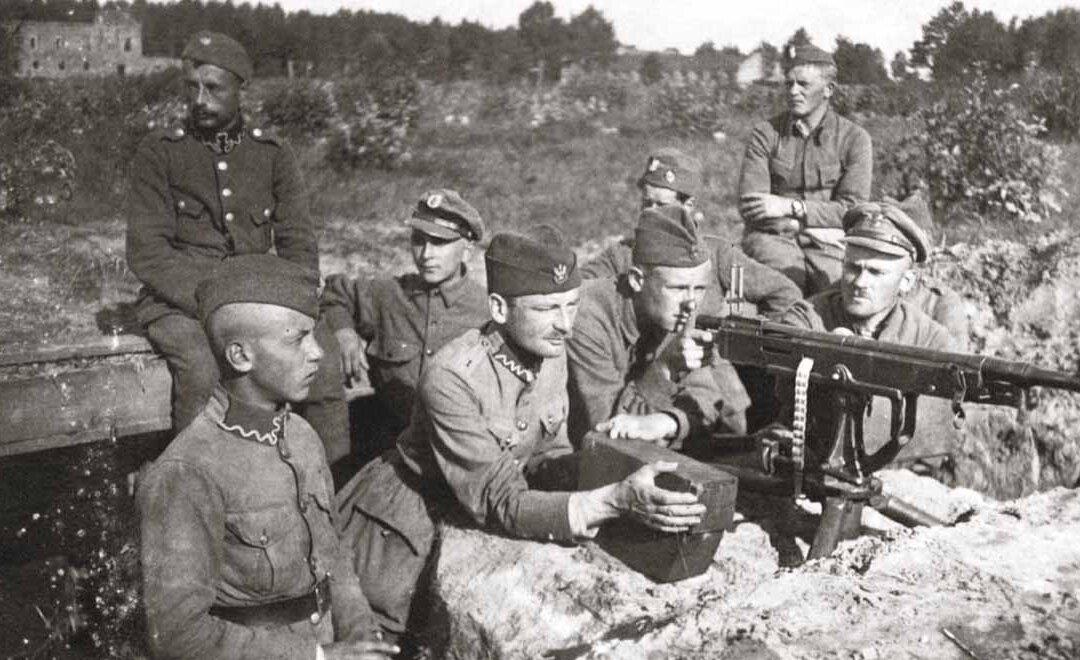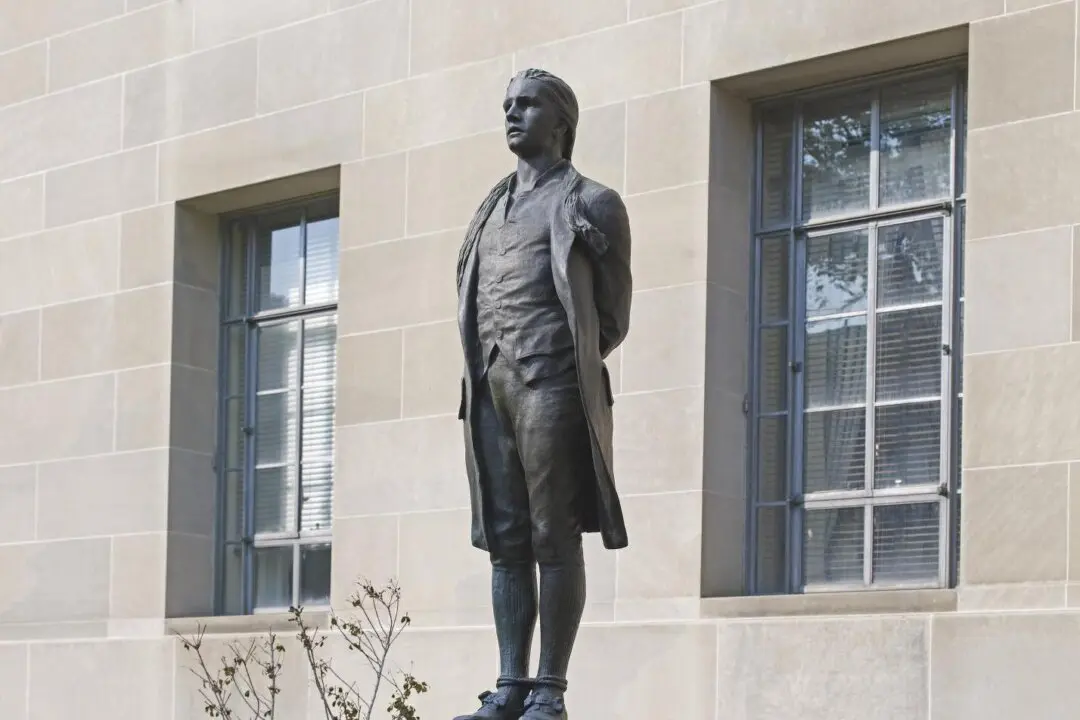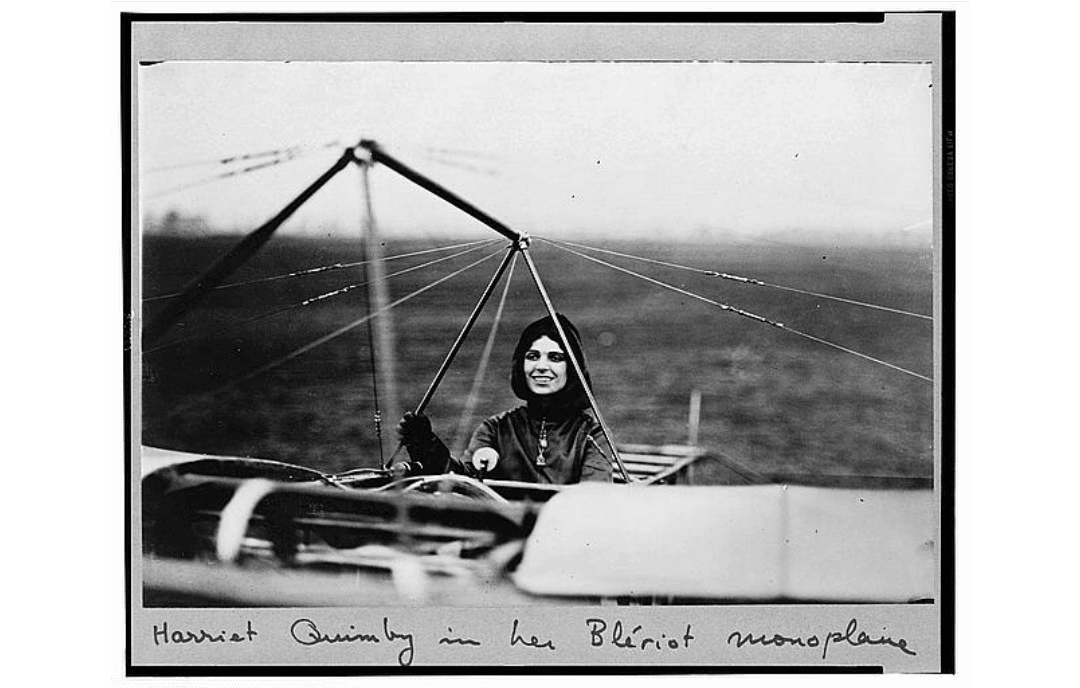This month marks the 100th anniversary of one of the most important military engagements of the 20th century. It will be celebrated in Poland, the country that won it decisively.
The losing country, Vladimir Lenin’s nightmarish gulag known as the Soviet Union, is thankfully extinct. Free people everywhere should be grateful to the Poles for the victory.





